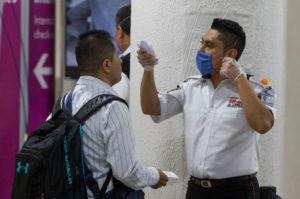
How Transparency Can Save Lives in the Coronavirus Crisis
The pandemic has created opportunities for fraud and corruption. Technology offers the best medicine.

Four Female Presidents: LatAm’s Biggest Stories of the 2010s
For 58 days, Latin America made history as four women served simultaneously as heads of state.

Panama, 30 Years Later, Is Thriving
How would reality be different if Noriega had stayed?
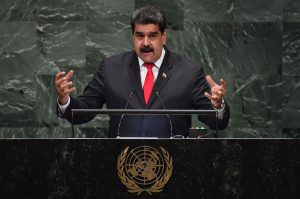
Why the UN Human Rights Council Still Matters — Even With Venezuela
Human rights abusers’ efforts to gain seats on the UN body prove its relevance.
Bruno Stagno Ugarte
Bruno Stagno Ugarte is the deputy executive director for advocacy at Human Rights Watch. He previously served as the executive director of Security Council Report from 2011-2014. Stagno was also Costa Rica’s foreign minister from 2006-2010, ambassador to the United Nations from 2002-2006, and chief of staff of the foreign ministry from 1998-2000.

Can Chile Convince the U.S. to Address Climate Change?
The likely impacts of climate change on security and migration could convince Trump to see the light.

Onde os “Corruption Busters” acertaram – e onde erraram.
Um olhar sobre o ainda popular mas combalido movimento e ideias sobre como salvá-lo, pelo editor chefe de AQ.

Fighting Corruption: What Works/What Doesn’t
Which tools have proven most effective in preventing corruption? A closer look at best practices.

A Year After Protests, Ortega’s Crackdown on the Media Continues
A Nicaraguan journalist in exile writes on the need to support press freedom in his country and beyond.
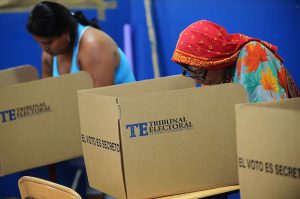
Elections 2019: Five Things to Know About Panama’s May 5 Vote
Corruption has taken center-stage in Panama’s first presidential election since the release of the Panama Papers.

Un trato polémico en El Salvador y la estrategia global de China
Este artículo está adaptado de la edición impresa de AQ sobre China y América Latina | Read in English El pasado Julio, Salvador Sanchéz Cerén, el Presidente de El Salvador propuso designar todo un 14% del territorio del país –y alrededor de la mitad de su costa– a una llamada Zona Económica Especial (ZEE). Las ZEEs son comunes, llenas de … Read more

What a Controversial Deal in El Salvador Says About China’s Bigger Plans
A mysteriously timed land and tax deal becomes a source of tension for China — and a sign of its growing interest in Central America.
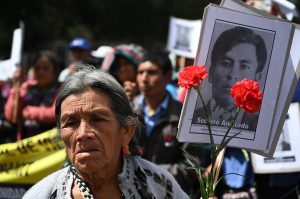
Why War Criminals Could Walk Free in Guatemala
A get-out-of-jail-free card for war criminals would be a blow to Guatemala’s anti-impunity movement.
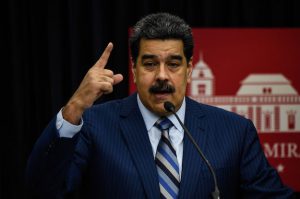
Why January 10 Could Spark (Another) Crisis in Venezuela
President Maduro will begin a new term that many won’t recognize.

How an Anti-Corruption Movement Jumpstarted LGBTIQ Activism in Guatemala
An interview with Luis Barrueto, president of Visibles, an LGBTIQ rights organization in Guatemala.


